Resident Playwrights in Conversation
José Cruz González and Julie Marie Myatt
José Cruz González is the playwright charged with gathering the stories of the Santa Ana community that serve as the foundation of South Coast Repertory’s Dialogue/Diálogos project (you can read more about the project here). Over the course of a year, he gathered stories from more than 700 residents of the primarily Latino city. The result is The Long Road Today (El Largo Camino Hoy), a piece to be performed in Santa Ana in the fall of 2014 with members of the community.
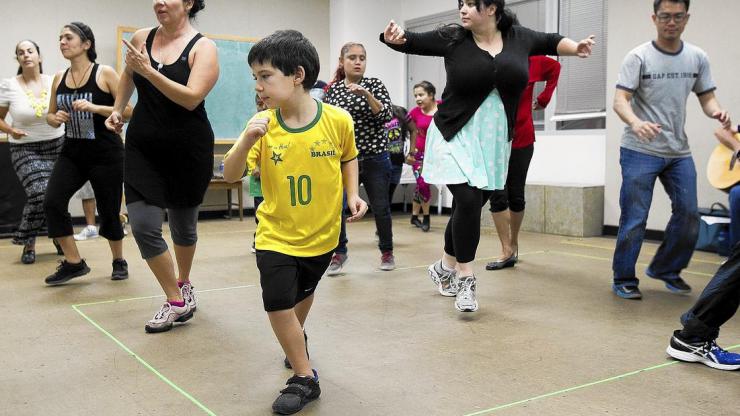
González has long been a champion of SCR’s commitment to working with new voices in the Latino community, which includes the nearly two-decade long Hispanic Playwrights Project (HPP), which he launched and led for much of its duration. That annual festival of new works helped create and nurture original plays written by Latina/o playwrights and provided professional theatre development opportunities to many writers, providing early career support to such theater artists as Octavio Solis, Karen Zacarías, Luis Alfaro, and Anne García-Romero, among others.
When SCR first applied to The James Irvine Foundation to fund the Dialogue/Diálogos project, González was a perfect fit. In addition to his previous work at SCR with HPP, González has spent years both teaching and working with communities, including a commission for Cornerstone Theater Company to explore the Lost Hills, CA community, which resulted in the play Waking Up in Lost Hills: A Central California Rip Van Winkle, produced in 2004.
Julie Marie Myatt, SCR’s Mellon Foundation Playwright in Residence, interviewed González about his experiences working the past year and a half on the Dialogue/Diálogos project.
Julie Marie Myatt: Was there one great moment that defined your experience in Santa Ana?
José Cruz González: For me the great moment among many was first meeting Sara Guerrero, SCR’s Dialogue/Diálogos Engagement Director, and Moisés Vázquez, our Latino Health Access partner on the project. Before we got into the details of planning and schedules, etc., I asked them, “Tell me your story.” It was a beautiful bonding moment for the three of us that has helped shape how we approach every person we come into contact with in the community.
Julie: Was there anything that stood out and guided you in the process of writing this play?
José: In lak ech—you are my other self—is a powerful Mayan word that I first learned years ago when I was working with El Teatro Campesino, a troupe founded on the Delano Grape Strike picket line in 1965. The performances were inspired by life stories of its audience. In late 2013—when I was learning from artists in Santa Ana to help us in the creation of a play inspired by the community—Miguel Mondragón, a Danza Azteca teacher, spoke about In lak ech as part of a workshop that taught us about culture, dance, mythology, and, most importantly, the transformation of self and the realization that we are all our other selves. The concept hit me very powerfully and connected really well to our storytelling project here in Orange County.
Julie: What’s the next step for the project?
José: In April 2014, the first draft of our Dialogue/Diálogos Santa Ana play will be revealed during a series of staged readings. This work—to which so many people have generously contributed their stories, hopes, and dreams—will be read by members of the community. It’s a story of the transformation of self, of spaces in Santa Ana, and of our perceptions about each other and ourselves—a transformation that is constantly occurring in Santa Ana.
Julie: Were you changed by this experience in any way?
José: I’ve heard hundreds of stories from the residents of Santa Ana. How can I not be changed? I laughed, cried, got angry, got humbled, even got schooled. The community has been my teacher.
If an institution wants to do this kind of work, they should identify those community-based artists and institutions that can help them understand the process and outcomes.
Julie: Do you think community-based theater could create a kind of revolution in regional theatre?
José: I think this is another great tool for regional theatres to explore and expand their relationship to their communities in a deeper and meaningful way. It’s a dialogue rather than a monologue. Both entities get to interact and challenge each other’s assumptions and grow from it.
Julie: As someone who has written plays for Cornerstone, and a big advocate of community-based plays, I know how very difficult they are to write. How gathering the stories is one thing, but honoring them in your play is another. Is there any advice you might give to someone who is embarking on this kind of work? What do you feel is important to know before beginning the story collecting and the writing process?
José: I believe that building a strong foundation is key to the entire process. If an institution wants to do this kind of work, they should identify those community-based artists and institutions that can help them understand the process and outcomes. One of the first things we did at SCR was to invite Cornerstone Theater to teach us, our artistic and administrative staff, board and community members what community-based theatre is. This was invaluable for us. What we learned there we have modeled in our community engagement. I feel that the playwright must have lots of support in collecting stories as well as in the writing and rewriting phase. I have greatly benefited from my team, my engagement director, director, dramaturg, Latino Health Access partner, and my teaching artists. I couldn’t do the work without them. They have been my foundation.
Julie: What inspires you as playwright now?
José: I’m inspired to return back to the community to share our play. I can’t wait to hear it read aloud by community artists who will be reading the play in two languages. I can’t wait to hear what the community thinks or feels. I’m so excited. I can’t wait!
Julie: Ideally, what would you personally like the impact of this project to be at SCR, and in the perceptions people have about Orange County?
José: We have felt the impact as artists in the community and my hope is that our SCR community will also get to experience it directly. I look forward to seeing our SCR patrons mashing it up with our Santa Ana residents.
Julie: What are your larger goals as playwright, that this project fits? For example, if you were to have personal mission statement for your life as a playwright, what would it be?
José: I’ve spent many years developing my craft as a playwright and developing different story-telling tools. I’m bringing all that experience to this unique project because this community deserves it. I want them to feel the love!

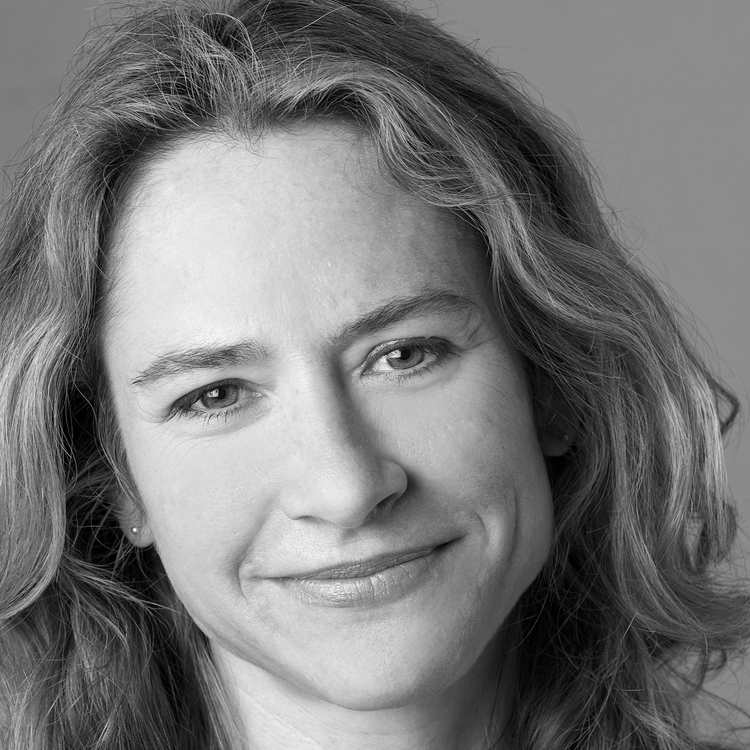
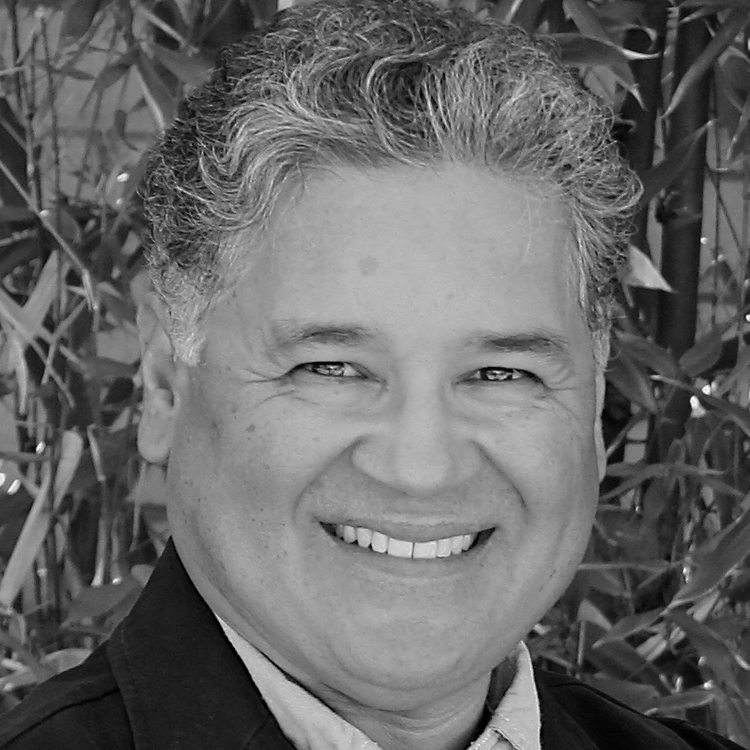
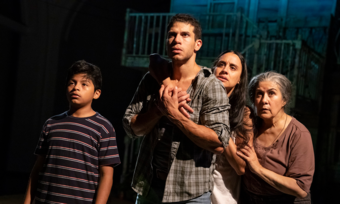


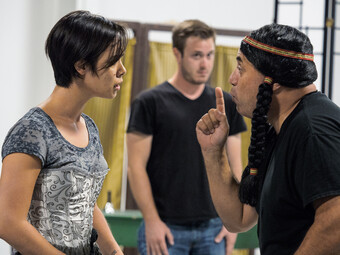

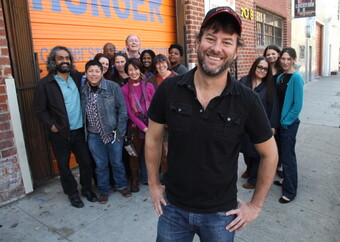


Comments
The article is just the start of the conversation—we want to know what you think about this subject, too! HowlRound is a space for knowledge-sharing, and we welcome spirited, thoughtful, and on-topic dialogue. Find our full comments policy here